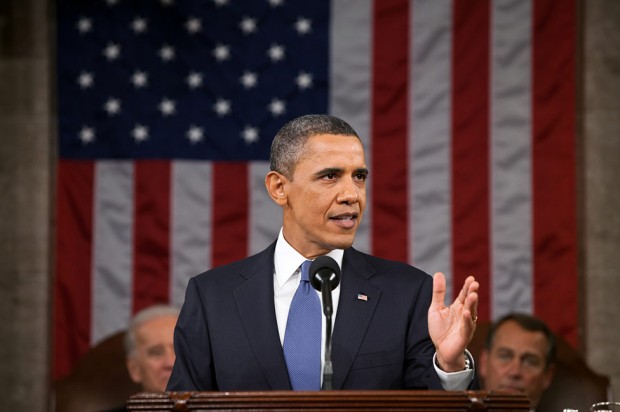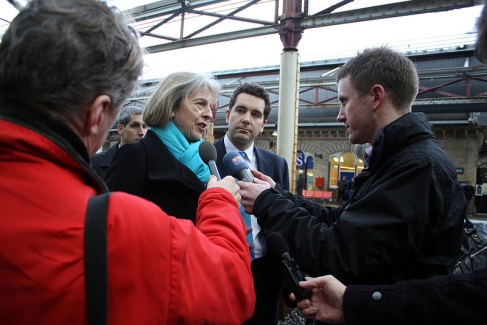 For those of you unfamiliar to the extensive and fascinating world of South Asian deep-fried treats, a Jalleby is a saffron-tinted cake batter, piped into hot oil in a pretzel shape and doused in a sugar syrup flecked with cardamom. Jalebi is how it’s typically spelled in English, but I think that lends itself to mispronunciation, and if you’ve not heard it spoken before, just know it rhymes with wallaby, not whale-by.
For those of you unfamiliar to the extensive and fascinating world of South Asian deep-fried treats, a Jalleby is a saffron-tinted cake batter, piped into hot oil in a pretzel shape and doused in a sugar syrup flecked with cardamom. Jalebi is how it’s typically spelled in English, but I think that lends itself to mispronunciation, and if you’ve not heard it spoken before, just know it rhymes with wallaby, not whale-by.
But this is no recipe blog; why am I prattling on about sweetmeats? Well, it was this morning when I listened to a Radio 4 programme (first broadcast in 2009) called Jallebies and Tea. It gives us a glimpse into the lives of Asha and Ajay (played by Nina Wadia and Ajay Chabra respectively), a Keralan couple adapting to life in the UK. Ajay goes off to work each morning, kissing his wife goodbye and asking for a different curry. Asha occupies herself at home, making Jallebies and trying to get to know the neighbours who look away when she smiles at them.
She gets bored. She turns on the radio, and picks up the frequency of a Bollywood song. She sings along for about six words before a thumping sound and a male neighbour shouts through the walls.
“Shut up, you mad paki. Disgusting curry smells coming through the walls. Makes me sick! Where do you think you are? Sod off back home and stink your own country up I don’t want to hear ya flipping paki music, alright? I’ll come in and rip your radio out of its socket if I hear it again”
Asha lets out a meek “I’m from Kerala, actually”. The word paki is heard two or three times more throughout the programme. Some other stuff happens throughout the programme. Mahatma Ghandi and the Hindu gods Shiva and Parvati visit Asha. They eat some Jallebies, drink some tea and Asha gets a little loopy, straining her relationship with Ajay. Ajay makes some Jallebies and they kiss and make up.
I’ve no objection to the word paki being used on the radio. I think it appropriate to demonstrate that newly-arrived families do face hostility in Britain. But it was seriously made light of in Jallebies and Tea.
Asha told no one, not her husband, not her friend, not even Ghandi that an ethnic slur was thrown at her. It bothered her. It made her want to go back home. It made her guilty of how proud her mother was to hear Asha was moving to London. None of the heavenly visitors offered Asha advice on what to do about her neighbour.
The message was clear: ignore the racist, turn down the music and make a prawn curry.
And the South-Asian community wouldn’t care, perhaps since Radio 4 doesn’t have so many listeners of that ilk.
That says something: If the n-word, a word which can’t (by reflexive moral standards) be written literally or spoken aloud but signified quickly and painlessly with one letter, were to be used on Radio 4 at 11:30am with no character retorting to it… well, it’s inconceivable. The term “p-word” holds no meaning. Unless hurled at you, paki causes no reaction.
Why is that? The whole Indian subcontinent was under the rule of The Crown after 1858 and for over a century before was monopolised by the East India Company, acting by appointment to The Crown. Millions were killed, most were taxed to starvation and an unknown number perished in famine and war. The British Raj and creation of the largest democratic state on earth is not present in the National Curriculum, so I include these details to add some context.
Then the British left India quickly, cutting it into two and yet more died in the fight to get to their religious state. But some sixty-seven years later, people celebrate that time. I think that jubilation in a won India gives descendants some succour in the face of simply ignorant British language, like that used by Asha’s neighbour. The disarmed Indian can think to herself “Well, we won in the end so it doesn’t matter really”.
But it does matter. Racism is alive, and sometimes fatal. India is a horrible and disturbing reality you have to see to believe, but I’ll save that for another post.
Jallebies and Tea is available until February 8th on the BBC iPlayer Radio website.


